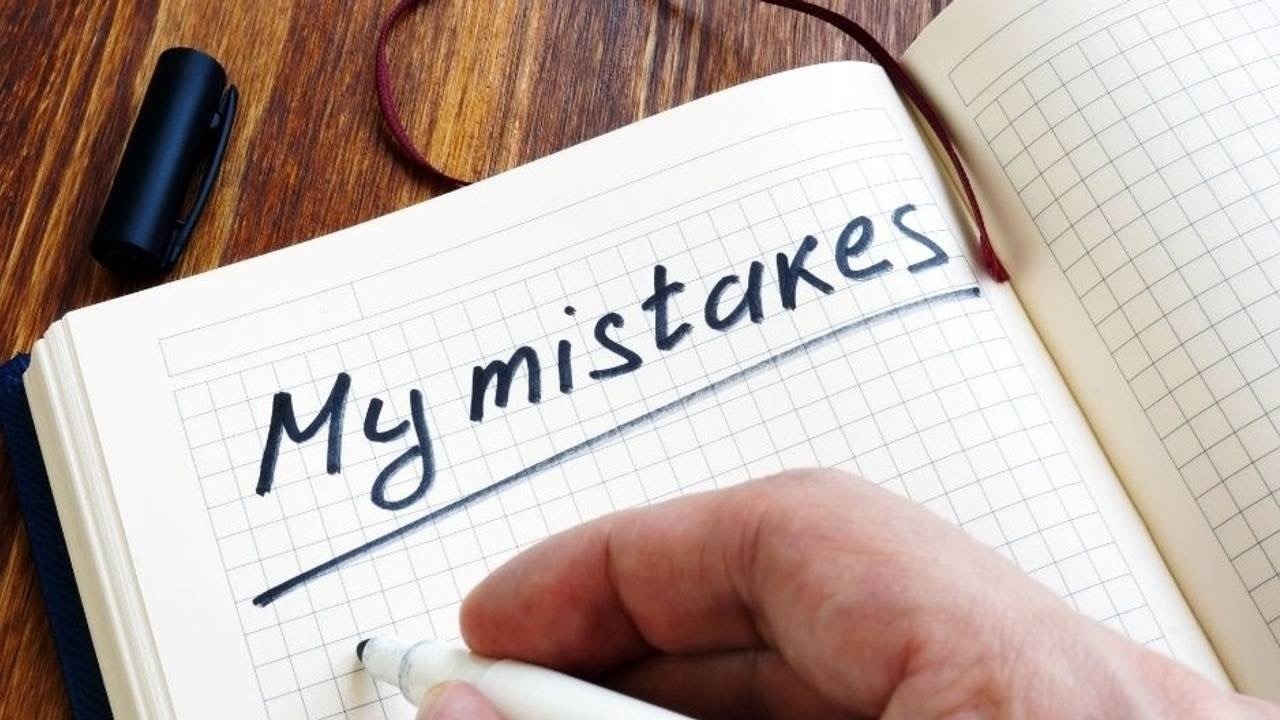
That pesky inner critic - part 1
We all have an inner critic.
What is an inner critic? The inner critic is that voice inside our heads that spews negative self-talk to us from time to time, or maybe all the time. It criticizes, judges, and shames us. It reminds us of failures over and over. It paints us in the harshest light.
When it speaks, it usually says things like “You aren’t _______enough” fill in the blank – good enough, smart enough, tall enough, confident enough, kind enough, successful enough. It compares us to others as evidence. It tells us we can’t change and that we have no inherent self-worth. It tells us to stop trying. It tells us we add no value to the world, our careers, or our families. Then it beats us up for having no value.
It’s a bunch of thoughts and beliefs about ourselves that we never asked for but rarely questioned. We aren't usually aware they are anything but facts. Various things likely caused the specific wording– conditioning from childhood and throughout the years – from family, authority figures, peers, and media.
It varies in intensity and loves to show up loudly when we consider doing something new, hard, or having a set back. Perhaps it once served a purpose. Perhaps, historically over generations, it was a way of keeping us safe and warning us of danger. But along the way, maybe the messaging went off point – instead of saying things that are good for us (“Don’t pet the polar bear.”), it began morphing into harmful statements (“You’re going to embarrass yourself.”).
Regardless, we know that it plays a role in anxiety, depression, impostor phenomenon, eating disorders, and, overall, unnecessary suffering. Not only that, but the inner critic also keeps us from growing and becoming the best version of ourselves. It keeps us playing small to play it safe.
What negative things do you believe about yourself? What phrases do you say to yourself regularly? “You blew that case.” “You’re not smart enough to be in primary care where there is so much to know.” “You’re not worthy of respect.” “Your patients don’t love you like Dr. Y’s does.” “Dr. X is so much smarter.” “You’re a fraud.” “How dare you tell patients to live healthy lifestyles when you know what your scale says at home.”
Whatever those things you identify as a voice in your head or just deeply held negative beliefs about yourself – write them down. Is it surprising that you really think these things when you see them in black and white? Awareness is the key to moving forward.
Now to borrow an exercise used by Shirzad Chamine, author of Positive Intelligence and Stanford Lecturer: Pull out a photo of your favorite niece or nephew, your own kid, or you as a child. Look at that photo as you read the list of your negative self-talk scripts out loud to that child.
How does that sit? Doesn't it seem unusually cruel? Doesn’t it seem damaging? If we wouldn't speak to a child or even our best friend that way, do we really want to continue saying those things to ourselves on repeat?
It’s a prevalent human behavior. It doesn't mean anything is wrong with you - you are just now developing awareness. And, like with so many things that add unnecessary suffering to our lives, awareness is the critical first step. This week tune into your thoughts more and be more aware of your inner critic. What's it sound like, what's it look like, what phrases does it frequently use?
Next week, we will take a deeper dive into practical solutions to move forward.
Have a joy-filled week! - Tonya
Now is a great time to get your faculty or residents scheduled for our flagship 6-session hybrid group and one-on-one coaching program. CME available.
Join Weekend Reads
Weekly insights, tips, and tools for physicians who want to thrive—plus a dash of fun.
We hate SPAM. We will never sell your information, for any reason.

